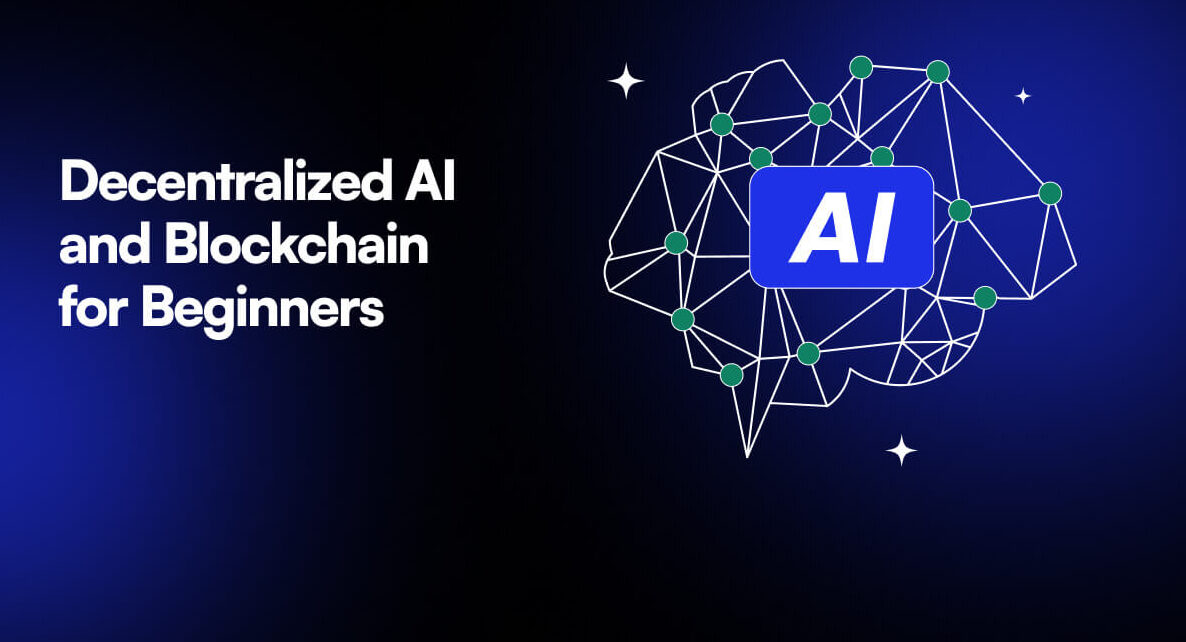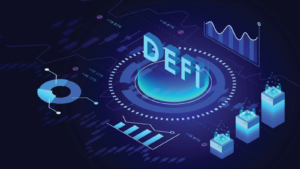Disclaimer: The information provided in this post is not financial or legal advice. Please consult a professional before making decisions related to Web3 technologies
The world of Web3 is built on the principles of decentralization, where power is distributed among users rather than controlled by central authorities. In a similar vein, decentralized AI (DAI) is an emerging concept that aims to eliminate centralized control over artificial intelligence, providing greater transparency, privacy, and data ownership to individuals.
In this blog post, we explore how decentralized AI fits within the broader Web3 ecosystem, its potential benefits, and the challenges it faces.
What is Decentralized AI?
At its core, decentralized AI combines the power of machine learning and blockchain to create AI systems that operate without a single central point of control. In traditional AI models, companies or organizations typically own and control the data used to train algorithms. With decentralized AI, the data is distributed across a network, and participants have more control over their personal data.
In decentralized AI ecosystems, data is not stored in centralized servers but distributed across blockchain-based platforms. These platforms allow users to contribute their data to train AI models in exchange for compensation, often in the form of cryptocurrency. Blockchain ensures that this data is immutable and transparent, allowing participants to track how their data is being used and ensuring the privacy of sensitive information.
Benefits of Decentralized AI in Web3
One of the main advantages of decentralized AI in Web3 is that it gives individuals ownership and control over their data. In traditional AI systems, tech giants like Google, Amazon, and Facebook aggregate vast amounts of personal data from users without compensating them. Decentralized AI flips this model by allowing individuals to share their data voluntarily and earn rewards.
Moreover, decentralized AI systems are inherently more transparent. Since blockchain technology records every transaction and data input on a public ledger, users can verify how their data is being used. This eliminates concerns about AI systems that operate as “black boxes,” where decisions are made without clear explanations or accountability.
DAI also promotes fairness. In a decentralized ecosystem, no single entity can control the development of AI models, reducing the risk of bias that arises from centralized, proprietary algorithms. By giving a diverse range of individuals the ability to contribute to AI models, decentralized AI systems can be more inclusive and representative of a broader range of perspectives.
Challenges of Decentralized AI
Despite its potential, decentralized AI faces several challenges. One of the most significant issues is scalability. AI models require vast amounts of data and computing power to be effective. With decentralized networks, there are concerns about the speed and efficiency of processing large datasets, which could hinder the development of high-quality AI models.
Governance is another challenge. While decentralization offers greater control to individuals, it also raises questions about how decentralized AI systems will be managed. Decentralized autonomous organizations (DAOs) could potentially govern these systems, but the decision-making processes need to be transparent and fair to avoid exploitation.
Finally, the issue of regulatory compliance is critical. The lack of central authority can make it difficult to ensure that decentralized AI systems comply with global data protection and privacy laws like GDPR.
Disclaimer: The information provided in this post is not financial or legal advice. Please consult a professional before making decisions related to Web3 technologies




